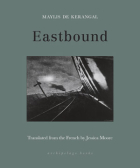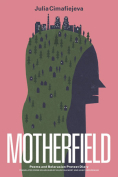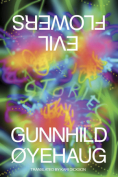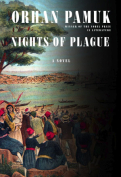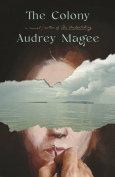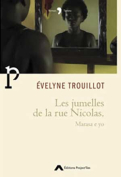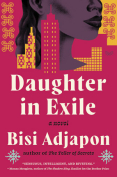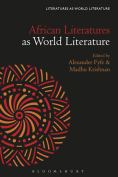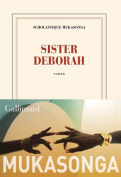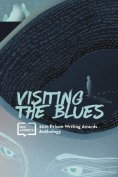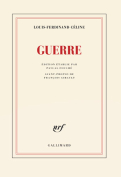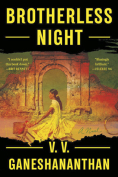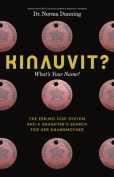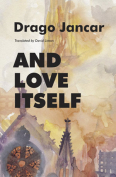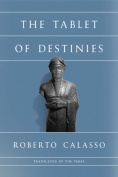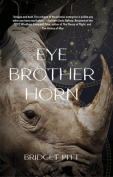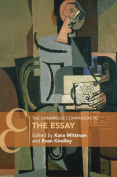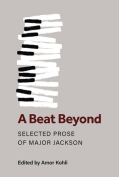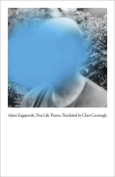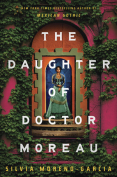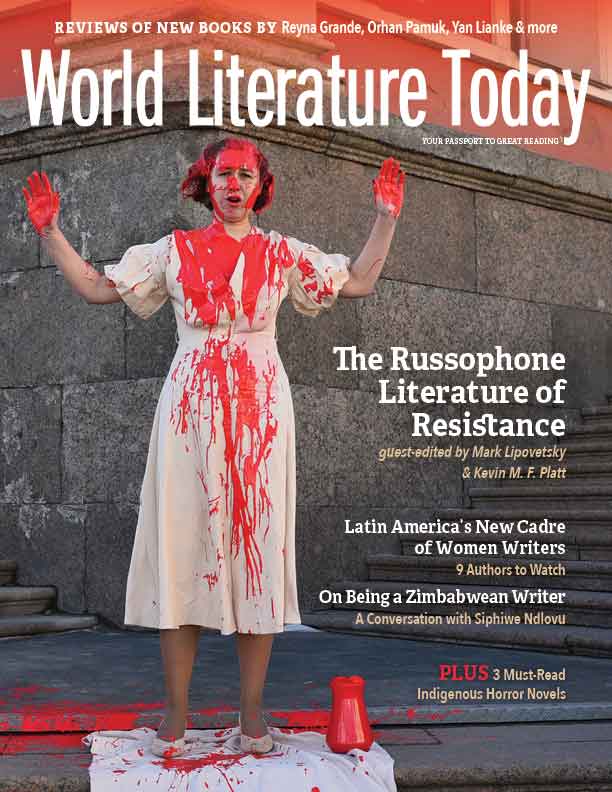Fever by Jonathan Bazzi
 London. Scribe. 2022. 352 pages.
London. Scribe. 2022. 352 pages.
FEVER, the first book by Italian author Jonathan Bazzi, is based on the writer’s experience coming to terms with an HIV diagnosis. Through a direct, colloquial narrative style and candid approach to a subject matter that is often shrouded in silence and shame, the book manages to peel off the layers of ignorance and prejudice that still envelop the disease in today’s Italy.
The narrative begins in present-day Milan. Jonathan, a philosophy student, is plagued by a persistent, low-grade fever until a blood test reveals that he is not dying as he feared—he is HIV-positive. The diagnosis, while completely unexpected, does not shock him the way he had imagined, and he begins to realize that the life of an HIV patient today is very different from what it was in the 1980s and ’90s. A second narrative thread is made up of flashbacks to the narrator’s rough childhood and adolescence in Rozzano, a public-housing suburb of Milan. As a young boy, his very way of being—gay, nonviolent, an avid reader and learner—defies the unspoken rules of the place. By working hard in school, he manages to evade the predestination to crime, violence, and ignorance that seems to touch everyone in his town, until he finally makes a life for himself in the big city, building a domestic haven with his boyfriend.
The presence of a complex coming-of-age narrative has the effect of showing how Jonathan’s medical condition is only one of the many facets of his history and identity, rather than the defining feature. Most important, past and present are held together by a common push toward emancipation, which becomes explicit in the final part of the book, where a parallel is established between Jonathan’s ability to rise above the hardships of his childhood and his will to resist the stigma that comes with an HIV diagnosis. Contracting the illness usually means being “drafted into the army of the impure,” “the plague-ridden,” the “carriers of a special breed of evil,” which increases feelings of isolation and shame. Instead, in order to “inhabit . . . the space of exclusion in [his] own way,” Jonathan decides to fill up that space with words, and it is through the pages of a book—the very book we read—that he finds a way out of the stigma: “I got used to the idea that I should be ashamed of what I am, and I understood that the poisonous pact can be broken by speaking out.”
Irene Bulla
University of Oklahoma


